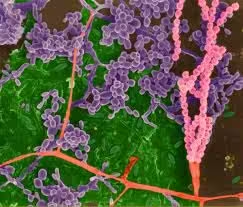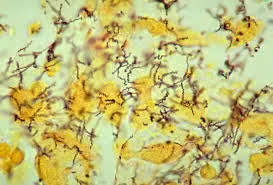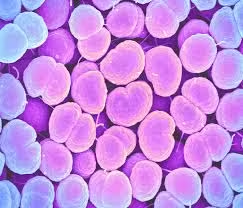
Introduction Minerals are inorganic elements required by the human body for normal growth, development, and maintenance of physiological functions. Unlike carbohydrates, proteins, and fats, minerals do not provide energy, but Read More ……..
Simplifying Allied Health Learning.

Introduction Minerals are inorganic elements required by the human body for normal growth, development, and maintenance of physiological functions. Unlike carbohydrates, proteins, and fats, minerals do not provide energy, but Read More ……..

Introduction Leptospira species are thin, spiral-shaped bacteria belonging to the family Leptospiraceae. Among them, Leptospira interrogans is the most important pathogenic species responsible for leptospirosis. Leptospirosis is a zoonotic disease Read More ……..

Introduction Treponema species are thin, spiral-shaped bacteria belonging to the family Spirochaetaceae. Among them, Treponema pallidum is the most medically important species and is the causative agent of syphilis. Syphilis Read More ……..

Introduction Hemostasis is the physiological process that prevents excessive blood loss following injury to a blood vessel. It maintains a delicate balance between clot formation and blood fluidity in the Read More ……..

Introduction Neisseria is a genus of Gram-negative, aerobic diplococci that are exclusively human pathogens. Most species are commensals of the upper respiratory tract, but some are highly pathogenic. The two Read More ……..